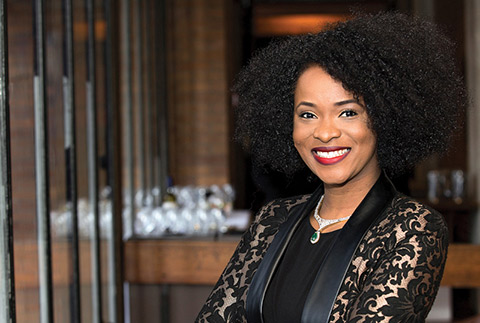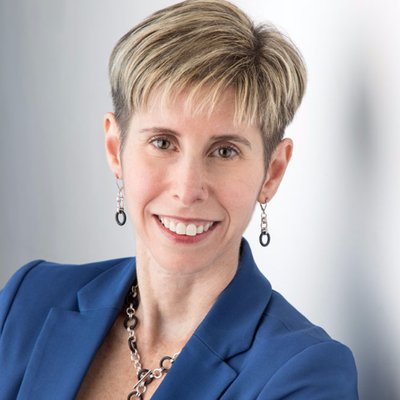When Chizoba Imoka moved to Canada from Nigeria at 16, she thought she was leaving behind life in a country afflicted by post-colonial injustices. But after settling in Grande Prairie, Alberta, and becoming friends with a Métis woman, she discovered Canada’s own history as an oppressor of this land’s First Peoples. Now a PhD student at OISE, Imoka thinks other newcomers should know this painful truth about their adopted homeland.
That’s why in December, she participated in Hart House’s Human Library Project – a storytelling initiative that explored notions of home, belonging and community in Canada. The free event enabled participants to check out a “human book” – talk one-on-one for 25 minutes with an individual to gain a fresh perspective on what it means to be an Aboriginal, newcomer or settler in Canada. Says Imoka: “I’m hoping that by sharing my story, we can all be more reflective about our obligation to find opportunities to advocate and bring about a just and inclusive Canada.”
Recent Posts
People Worry That AI Will Replace Workers. But It Could Make Some More Productive
These scholars say artificial intelligence could help reduce income inequality
A Sentinel for Global Health
AI is promising a better – and faster – way to monitor the world for emerging medical threats
The Age of Deception
AI is generating a disinformation arms race. The window to stop it may be closing





